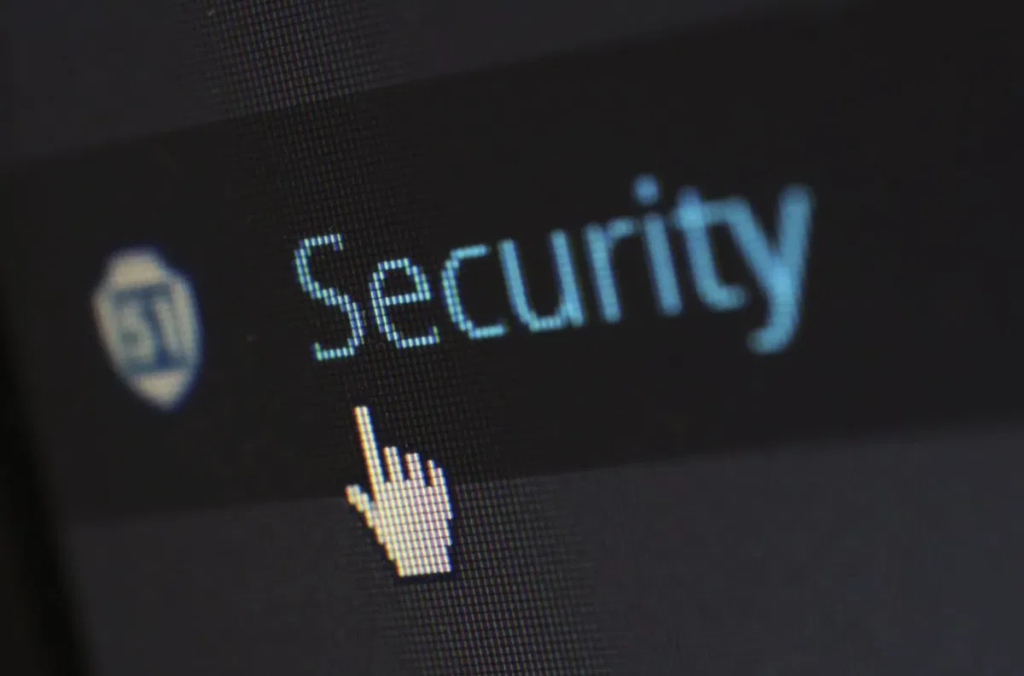In what is being described as the largest data breach in internet history, over 16 billion user credentials have reportedly been leaked online. The leak has set off major concerns across the globe about password security and the urgent need for stronger, modern authentication methods like passkeys and two-factor authentication (2FA).
The data breach, revealed by cybersecurity experts earlier this week, includes usernames, email addresses, and passwords compiled from both recent and past cyberattacks. Analysts say this dump, often referred to as “the mother of all breaches,” surpasses anything previously seen in terms of size and potential threat.
The incident has brought to light the danger of reusing passwords, relying solely on outdated security methods, and not updating authentication systems regularly.
What Was Found in the Breach?

According to the security research firm Cybernews (source), this massive leak was discovered on an underground hacking forum. The 16 billion credentials include:
- Usernames and passwords from websites, apps, and platforms worldwide
- Sensitive corporate login data
- Personal accounts tied to emails and financial systems
- Recycled credentials from previously breached datasets
Though not all credentials are necessarily new, the combination and scale of the leak make it an enormous risk for credential stuffing attacks, phishing, and identity theft.
Experts: Traditional Passwords Are No Longer Enough
Cybersecurity professionals are urgently advising individuals and organizations to move beyond traditional passwords.
“Plain-text or reused passwords are now a hacker’s best friend,” says Jake Moore, a security advisor at ESET. “Passkeys and biometrics are far more secure and are the future of authentication.”
Experts recommend:
- Switching to passkeys, which are phishing-resistant and don’t rely on memorized passwords
- Using multi-factor authentication (MFA) or 2FA on all accounts
- Avoiding repeated use of the same password across platforms
- Regularly updating login credentials, even for inactive accounts
These proactive steps can minimize risks and prevent unauthorized access, even if login data has already been leaked.
What Are Passkeys and Why Are They Safer?
Passkeys are a new form of secure login supported by Google, Apple, and Microsoft. Unlike passwords, passkeys use cryptographic keys and are stored securely on your devices.
Key benefits of passkeys include:
- No need to remember complex passwords
- Resistant to phishing and man-in-the-middle attacks
- Authenticated using fingerprint, facial recognition, or PIN
- Work across devices with end-to-end encryption
In fact, many tech giants are already promoting the widespread use of passkeys as a safer alternative. Google (source) recently enabled passkey-based login across all Google Accounts by default.
What You Can Do Right Now
With billions of credentials compromised, the risk is too high to ignore. Here are immediate steps you should take to protect your online identity:
- Check if your email or password has been leaked using services like HaveIBeenPwned
- Change all important passwords, especially those reused on multiple sites
- Enable 2FA wherever possible—on email, banking, and social platforms
- Use a password manager to create and store strong, unique passwords
- Adopt passkeys where supported by your apps and services
Remember, attackers are not targeting only high-profile individuals or large corporations. Every online user is a potential target when credentials are exposed.
Impact on Businesses and Organizations
For companies, the breach has heightened the need for enterprise-level security upgrades. According to a report by IBM (source), the average cost of a data breach in 2024 was over $4.45 million. Now, with 16 billion leaked credentials in circulation, those numbers could rise further.

Companies are encouraged to:
- Perform security audits and identify vulnerable systems
- Enforce zero-trust policies and identity-based access control
- Mandate passkey or MFA logins for all employees
- Invest in cybersecurity awareness training
The breach is a wake-up call for every business that has delayed digital security upgrades.
Governments and Regulatory Bodies Respond
In the wake of the breach, several governments have called for stricter data protection policies. The U.S. Cybersecurity and Infrastructure Security Agency (CISA) and European Union Agency for Cybersecurity (ENISA) have issued alerts urging organizations to enforce multi-layered security controls.
Additionally, there’s growing momentum behind data privacy laws that push platforms to adopt safer login standards like passkeys and passwordless authentication by default.
Final Thoughts
This unprecedented data leak serves as a powerful reminder: passwords alone are no longer safe. Whether you’re an individual internet user, a small business, or a major enterprise, modern authentication practices are no longer optional—they’re essential.
Take action now. Review your digital security habits, upgrade your login credentials, and move toward passwordless authentication before it’s too late.
Also Read – SpaceX Starship Launch Halted Just Hours Before Liftoff






